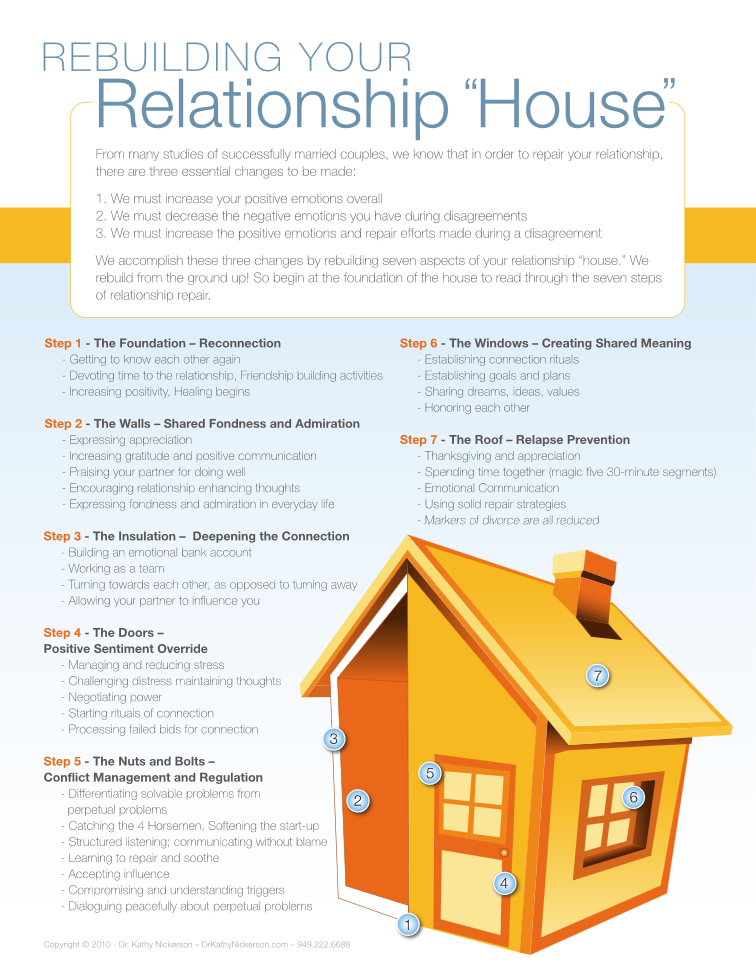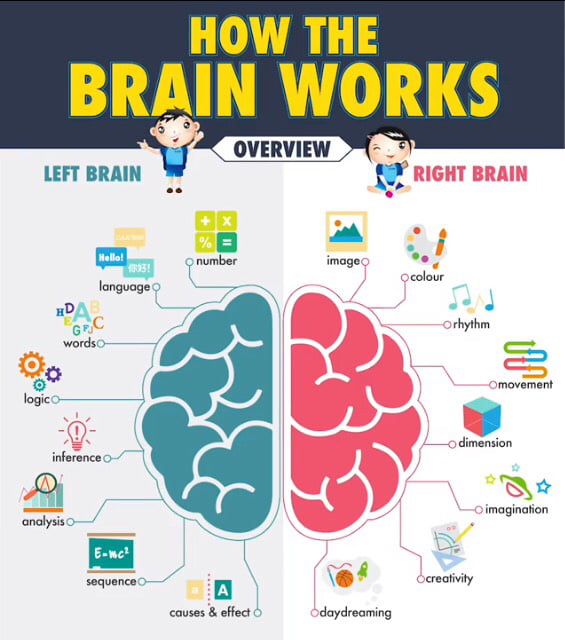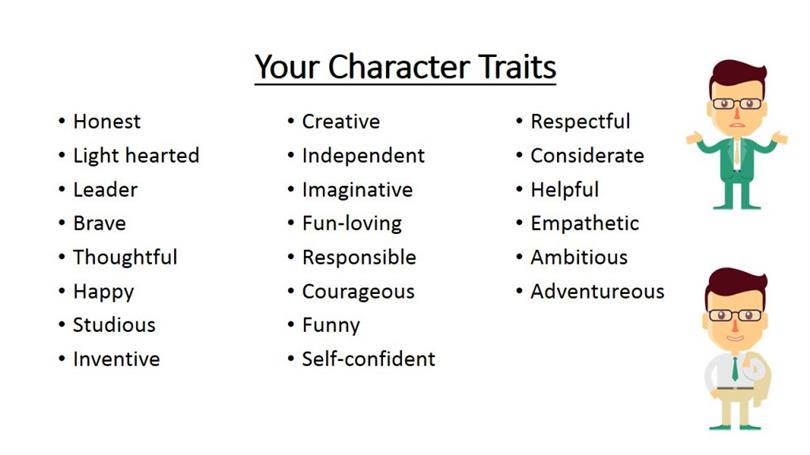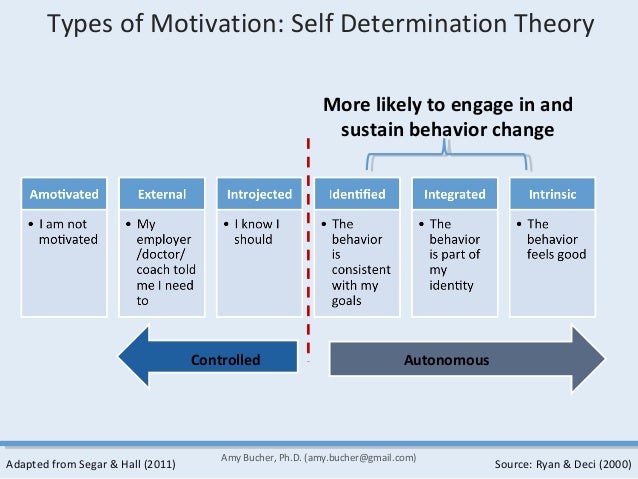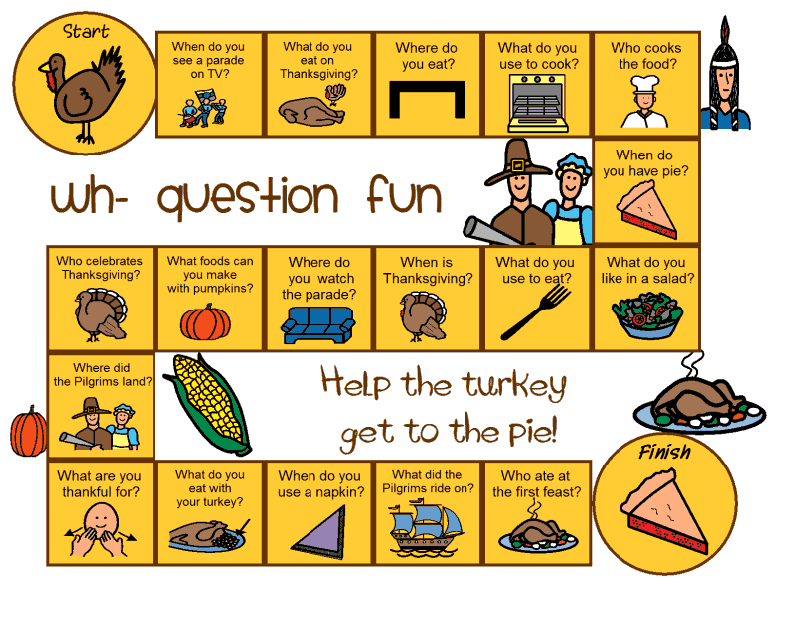Schizophrenia and families
Schizophrenia impact on families - NeuRA Library
How does schizophrenia impact on families?
A diagnosis of schizophrenia can have a large impact not only on the affected individuals, but also on the people closest to them. This topic considers the impact of schizophrenia on family members, and on the family as a unit.
Sometimes the family of a person with schizophrenia may experience different types of burden, particularly during acute phases of the illness. Burden is considered in terms of objective effects, such as illness severity or financial output, but also in terms of subjective effects, such as the emotional impact of the illness on family members.
What is the evidence for the impact of schizophrenia on families?
Moderate to low quality evidence suggests caregiving can have both negative and positive impacts. Coping, appraisal/attribution, and interpersonal response styles account for most of the variation in caregiver distress, with a strong association between emotional over-involvement and caregiver distress. High expressed emotion is common in families with around 50% of families reporting this trait. Emotional over-involvement, critical comments, hostility, and distress are reported in around 30% of families.
Siblings experience increased subjective burden, including feelings of guilt, shame, hurt and anxiety. Burden is highest in younger, female or more educated siblings, and the levels of burden is associated with patients’ symptom severity. Siblings have expressed a need for more information regarding the illness and its treatment, and would generally like to be involved in family support groups.
Family members often have difficulty recognising that an illness is developing in their relative and that the person is in need of help, resulting in delays in timing and type of help sought. Predominant barriers to seeking help by relatives are the perceived stigma of having a family member with a mental illness and reluctance of the ill relative to participate in the help-seeking process.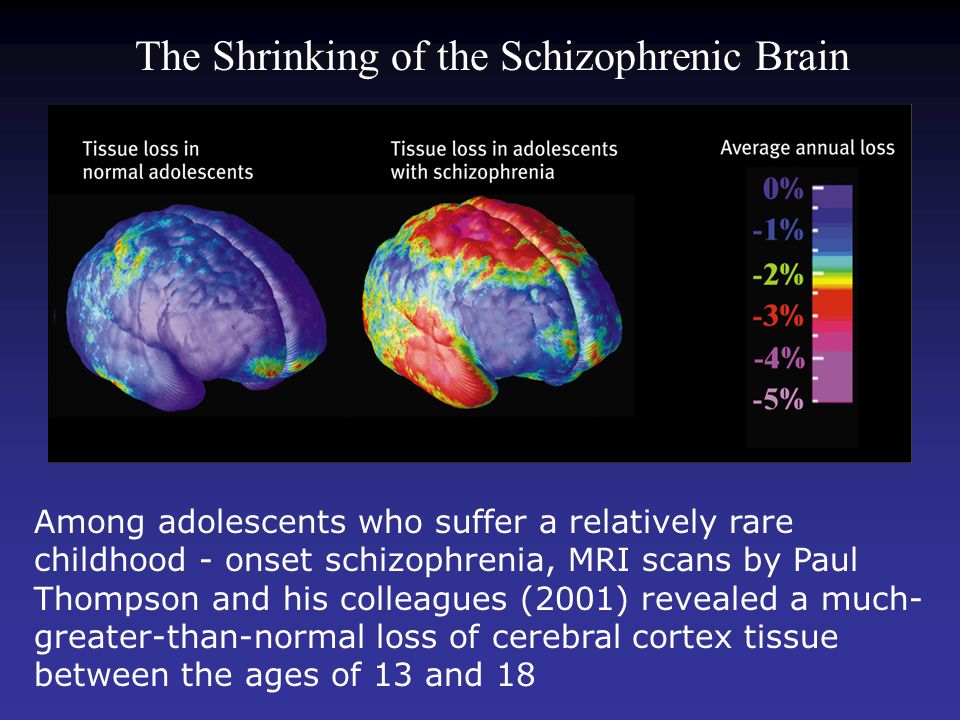 The ill individuals’ wider social context and informal networks may inhibit help-seeking. Crises, or overt psychotic symptoms, are the main promoters of active help-seeking and facilitators to accessing services. Relatives’ informal networks often serve to assist in this process.
The ill individuals’ wider social context and informal networks may inhibit help-seeking. Crises, or overt psychotic symptoms, are the main promoters of active help-seeking and facilitators to accessing services. Relatives’ informal networks often serve to assist in this process.
Moderate to high quality evidence finds carer psychoeducation improves carers’ perceived burden and depression, their knowledge of psychosis, negative caregiving experiences, and overall morbidities. Moderate quality evidence also shows family psychoeducation has a medium-sized benefit for reducing familial expressed emotion. Family intervention, which can include psychoeducation or mutual support, improves long-term family functioning, while also reducing long-term carer support service use. Home-based crisis intervention reduces family disruption and burden, and increases patients’ and relatives’ overall satisfaction levels.
Moderate quality evidence finds babies of mothers with schizophrenia in the peri-natal and post-natal periods show a two- to three-fold increase in the risk of mortality or congenital malformation. Lower quality evidence is unclear about the risk of mortality in older children. Moderate to high quality evidence suggests a two-fold increased risk of foetal mortality among pregnant mothers with a psychotic disorder, though the absolute risk of stillbirth in offspring of mothers with schizophrenia is <2%. This evidence does not take into account any effects of other contributing factors such as medical conditions, medications or substance use.
Lower quality evidence is unclear about the risk of mortality in older children. Moderate to high quality evidence suggests a two-fold increased risk of foetal mortality among pregnant mothers with a psychotic disorder, though the absolute risk of stillbirth in offspring of mothers with schizophrenia is <2%. This evidence does not take into account any effects of other contributing factors such as medical conditions, medications or substance use.
March 2022
Image: ©highwaystarz – stock.adobe.com
Last updated at: 1:19 pm, 30th March 2022
How to Care for Your Loved One
Written by WebMD Editorial Contributors
Giving support to a family member or friend with schizophrenia means helping them get the medical and psychological treatment they need. But it also means taking care of yourself at the same time.
Use these suggestions to make an action plan that works for both of you.
Educate Yourself
Schizophrenia is a difficult mental illness to understand. So learn as much as you can. The more information you have, the better prepared you will be to deal with it.
So learn as much as you can. The more information you have, the better prepared you will be to deal with it.
You’ll also be better able to support your friend or family member who has schizophrenia. And that can boost the odds that they will stick with their treatment, even when things get tough.
Be Goal-Oriented
A doctor will set up a wellness plan with your loved one that will include specific goals. If you’re not sure who to call to get treatment started, try your family doctor, who may refer you to a psychiatrist.
Your job as a caregiver is to remind your loved one how important it is to stick to their goals, and to encourage them to stay on their medication. They need to follow their treatment plan to help prevent the disease from coming back and keep their symptoms from getting worse.
Keep Track of Details
Go to all doctor appointments with your loved one. It will make it easier for you to help them with their treatment plan. Ask their doctor as many questions as you need, and keep details.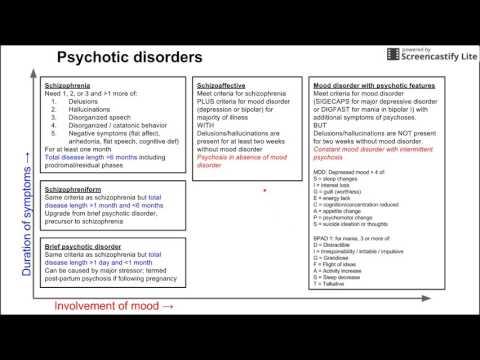 Remember: The doctor is there to help both of you.
Remember: The doctor is there to help both of you.
Also, take notes to every appointment. Some things to include are:
- Your loved one’s recent symptoms (what they are and when they started)
- Any other medical conditions they may have
- New sources of stress (These can include major life changes.)
- Medications, vitamins, herbs, or any other supplements that they have taken, as well as the dosage
Join Support Groups
Encourage your family member or friend to join a group, and make sure they get to the meetings. In these support groups, they will be among other people with schizophrenia who will share their experiences. It may help them feel less alone.
The Schizophrenia and Related Disorders Alliance of America (SARDAA) and National Alliance on Mental Illness (NAMI) offer support.
Learn How to Manage Stress
Activities like yoga, tai chi, and meditation can make both of you feel more relaxed. Try to do them regularly so you can use them in a crisis.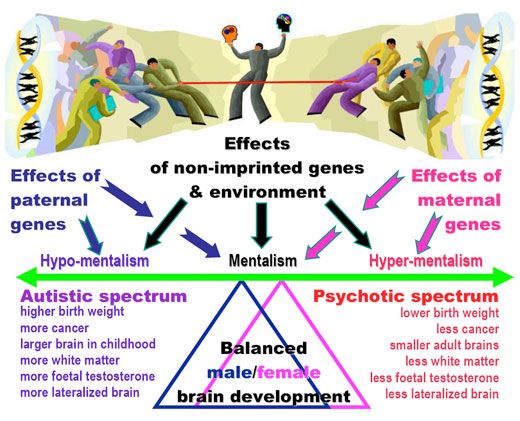
Learn How to Respond
When someone with schizophrenia has hallucinations (hears or sees things that aren’t there) or delusions (believes things that aren’t true, even when they get proof that they’re false), they believe they are real. It doesn’t help them to challenge their beliefs by saying they’re not.
Instead, tell them that you each see things in your own way. Be respectful, kind, and supportive, and call their doctor if needed.
If they are acting out hallucinations, stay calm, call 911, and tell the dispatcher they have schizophrenia. While you wait for paramedics, don’t argue, shout, criticize, threaten, block the doorway, touch them, or stand over them. Also avoid direct eye contact, which could make them feel threatened.
Be Ready to Respond
If a person with schizophrenia has a psychotic episode, which means their hallucinations or delusions become a lot worse and more severe, you need to size up the situation quickly and decide who to call. If another person is available, ask them to stay with your loved one while you contact the doctor or call 911.
If another person is available, ask them to stay with your loved one while you contact the doctor or call 911.
If your loved one threatens suicide, don’t leave them alone. If their behavior becomes dangerous, immediately call 911 and ask for police. Tell them they have schizophrenia and explain the situation, but let them handle it. Police should be trained to evaluate and manage people with psychotic disorders and other types of emotional distress. Call their doctor to let them know what’s going on as well.
On your smartphone, you can also download the Psychiatric Crisis Resources Kit app (from the Treatment Advocacy Center). It has state-specific standards on emergency hospitalization and can be useful in a crisis.
Know the Signs of Suicide
Most people with schizophrenia are harmless to others. They’re more likely to hurt themselves than anybody else. Sometimes that includes trying to take their own life. You should take any suicidal talk seriously, and pay attention to poems, notes, or any other things your loved one creates that are about death.
Also, be suspicious if they suddenly go from depressed to cheerful. This change could mean they are thinking about suicide. For help on the spot, call your doctor and the National Suicide Prevention Lifeline at 800-273-8255.
Stay in Touch
When a person with schizophrenia feels alone, their suicidal thoughts may increase. If you don’t live close by, you can help by staying in touch via telephone, text, email, and mail. Sending short notes like postcards and greeting cards can remind them how much you care.
Take Care of Yourself
It can be draining to look after someone with schizophrenia. You need to make nurturing yourself a top priority every day. It’s common for caregivers to feel sad, angry, alone, or afraid of what others will think.
Reach out to friends and family, and tell them what you need. They can:
- Listen to you without judging you
- Find information and doctors
- Share hopeful stories, moral support, and spiritual guidance
- Offer financial assistance
- Do your housework and babysit your kids
Most of all, eat well, get enough sleep, exercise, and take part in fun activities.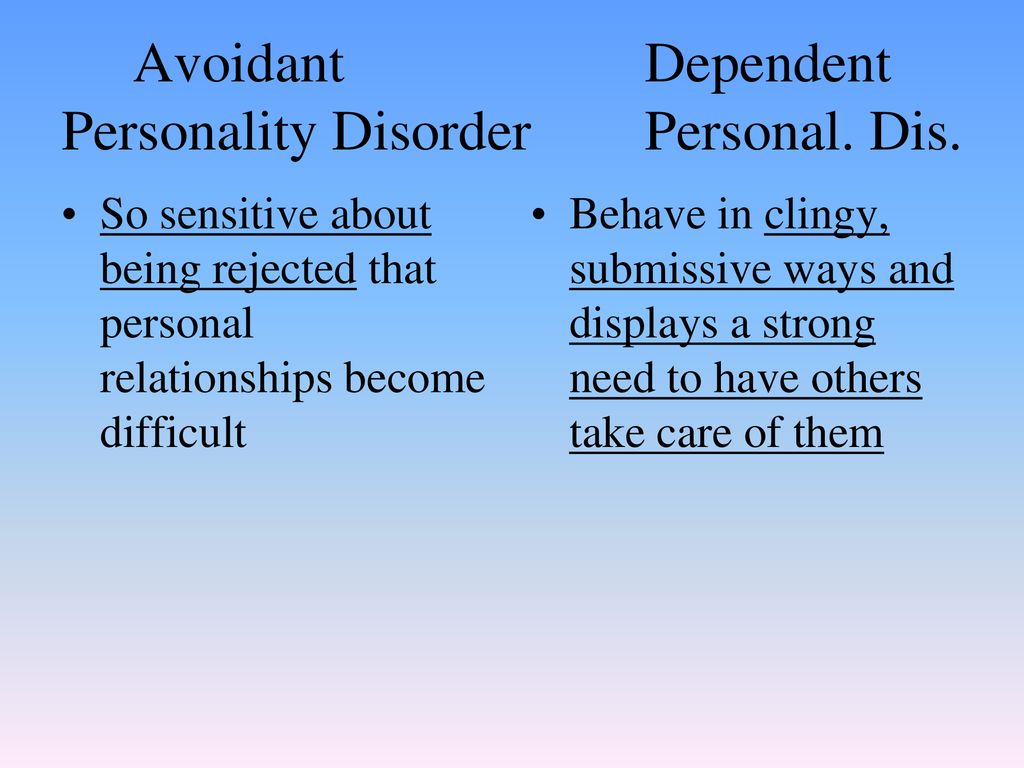 You can’t be “on call” 24 hours a day. So schedule guilt-free vacations and give yourself a complete break from time to time.
You can’t be “on call” 24 hours a day. So schedule guilt-free vacations and give yourself a complete break from time to time.
Learn About the Stigma of Mental Illness
The stigma of mental illness still exists, even though society has become more accepting and understanding of mental health issues in recent years.
Families of people who have a mental illness can take certain steps to cope with it:
- Remember that you and your loved ones have choices. Mental and physical illnesses are private, personal information. You can decide who to tell about the mental illness and what to tell them.
- Remember that you are not alone. Mental health problems can be more common than you might think. One in four people in the United States has some form of mental illness at some point in their lives. Many other people cope with similar situations. People commonly struggle with depression, anxiety, substance abuse, and other mental health disorders.
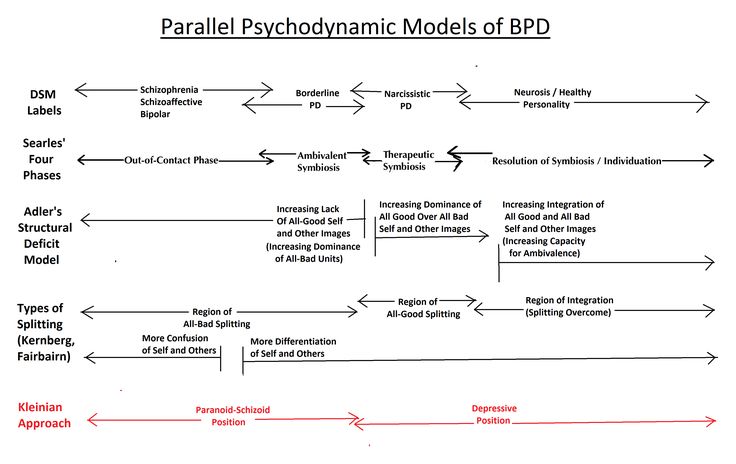
- Stay hopeful, and remember that treatment works. Safe and effective medications and psychosocial treatments are available, and newer treatments are being developed. As a result, many people who have a mental illness enjoy productive lives.
- Praise your loved one for seeking help. Mental health treatment can be difficult, as people often need to be patient in trying new medications, coping with side effects, and learning new behaviors. Helping your loved one to feel good about them or themselves is important.
- Stay active, and surround yourself with supportive people. Social isolation can be a negative side effect of the stigma linked to mental illness. Isolating yourself and not doing the things you enjoy put you at high risk for depression and burnout. Take a risk, and try new activities in your community.
The story of schizophrenia in a model family: an excerpt from Something Wrong with the Galvins
For a long time, researchers believed that this disease was genetic and inherited. However, it was the study of this case that led to the opposite conclusions, because the parents were absolutely mentally healthy. They tried to pay equal attention to all children, give them a good education, played music and sports with them. But, despite all this, in the end they could not prevent the sad development of events in any way and were forced to helplessly watch the illness of their children. nine0005
However, it was the study of this case that led to the opposite conclusions, because the parents were absolutely mentally healthy. They tried to pay equal attention to all children, give them a good education, played music and sports with them. But, despite all this, in the end they could not prevent the sad development of events in any way and were forced to helplessly watch the illness of their children. nine0005
"Something Wrong with the Galvins. An Ideal Family Destroyed by Madness" (Bombora Publishing House) by American journalist Robert Kolker is a book about the history of this family, about how Don and Mimi noticed for the first time that something was wrong with their son as they tried to deal with it. In parallel, the book tells about how the study of the disease took place, what methods were used to treat patients, and what results the study of the Galvin case led to. Read a short passage about Jim, the second son of Don and Mimi, who suddenly began to hear voices and show aggression towards his wife Kathy.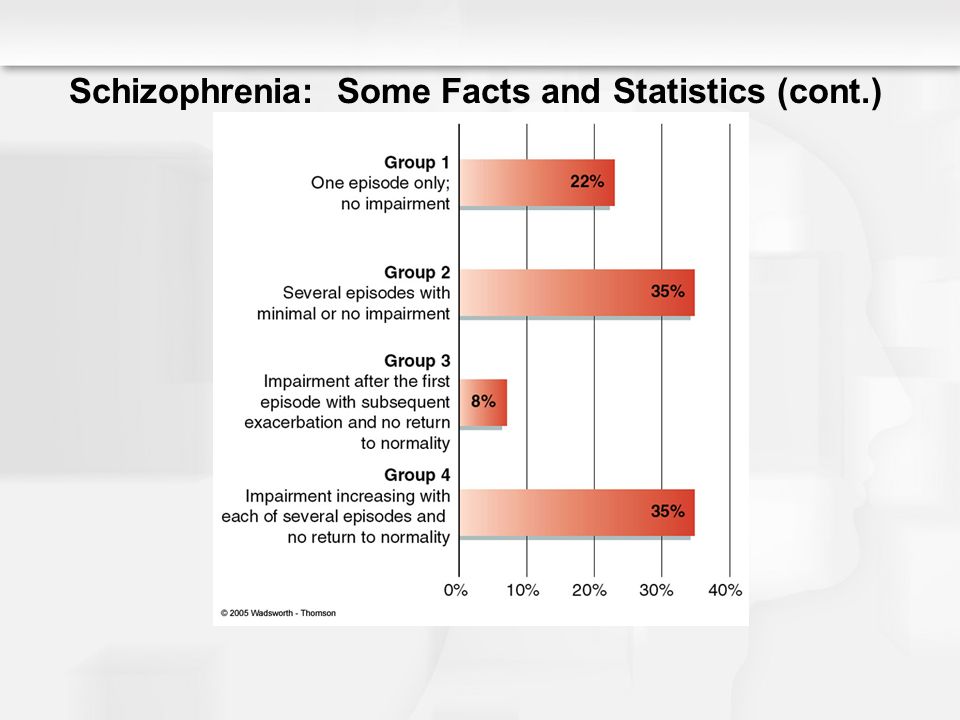 nine0005
nine0005
Read also
Is depression and schizophrenia possible? In a sense, yes
After studying in Boulder for about two years (and becoming a regular at several of the local bars), Jim met Cathy. He was twenty, she was nineteen. He drew attention to her at a dance at Giuseppe's restaurant. She came with a classmate friend, and Jim asked permission to join them. Then he called her at home (she lived with her parents), and they began to meet. nine0007
From the beginning, Cathy noticed Jim's dislike for his parents. "So many children have been cut that they can't cope with the little ones," he once said. He also liked to complain about his hated older brother - they say that he was considered a hero in high school, and they took me for some kind of half-wit. The girl decided that all this, probably, was already in the past for him, at least it should have become one.
When Cathy became pregnant, Jim did not hesitate to ask her to marry him. Such an outcome hardly looked ideal from the point of view of Don and Mimi, although, in truth, at Jim's age, they themselves did almost the same thing.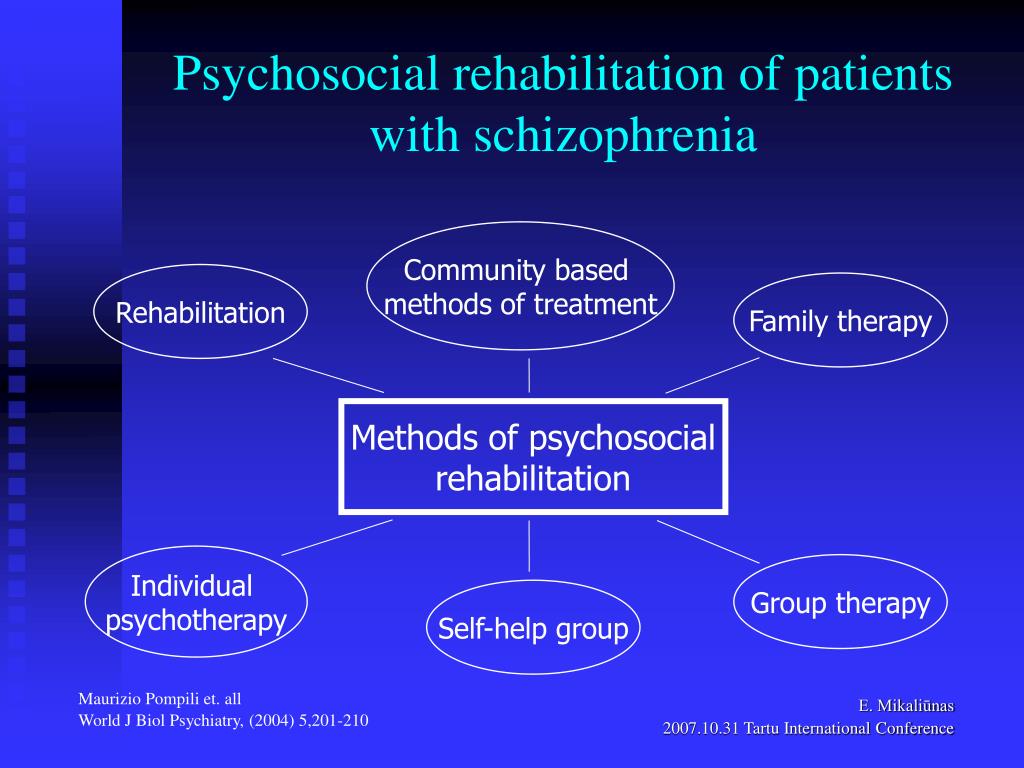 In any case, it was useless to say anything. This is Jim, who will definitely do what he wants. In addition, they had just blessed Donald's marriage, and they had no weighty arguments left. nine0007
In any case, it was useless to say anything. This is Jim, who will definitely do what he wants. In addition, they had just blessed Donald's marriage, and they had no weighty arguments left. nine0007
The wedding took place in August 1968, a year after the marriage of Donald and Jean. The newlyweds settled in a small one-story red brick house in the city center. From time to time they invited the Jim brothers to visit - everyone except Donald, just not Donald. Cathy got along well with her younger brothers Galvin, but she had a strained relationship with Jim's mother. Mother-in-law's visits were more like inspections. "You haven't dusted," Mimi said, to which Cathy replied, "I don't have time. There's a rag over there if you want to get busy." Jim was delighted with such dialogues. Katie gave birth to a son, Jimmy, who was only a couple of years younger than Mary, Mimi's youngest daughter. Jim dropped out of school and began working as a bartender at parties. This did not fit in with his former goal of becoming a teacher, like his father.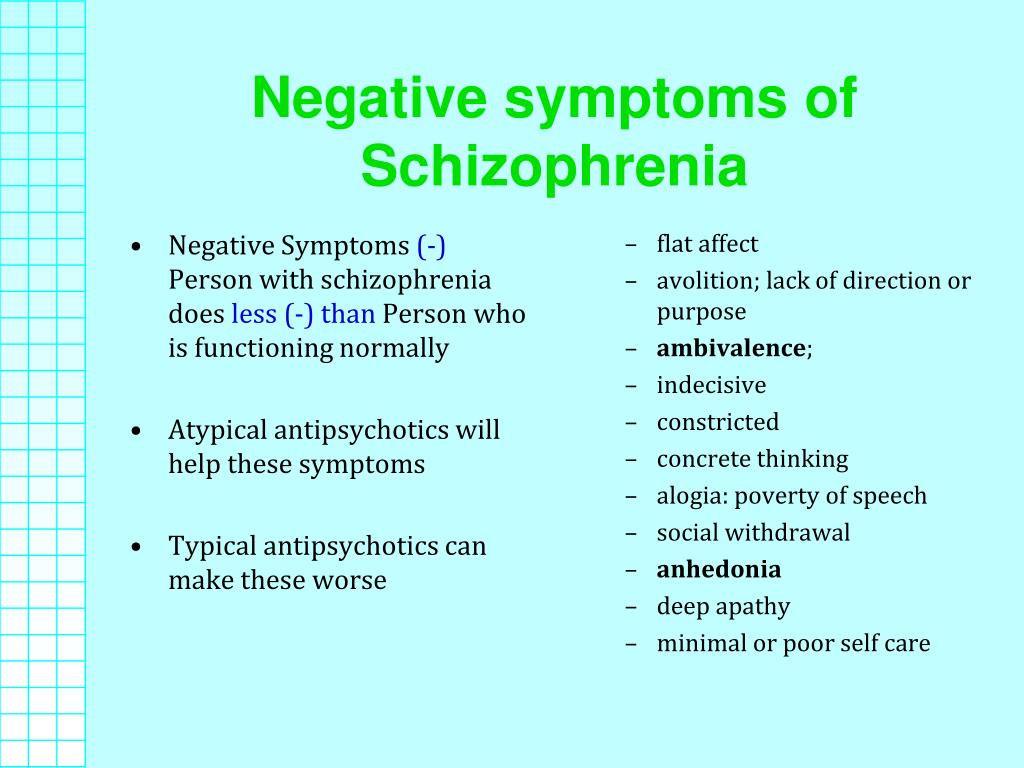 But the main thing was different: now Jim became the father of the family and believed that he had surpassed Donald in all respects. Having landed a full-time job as a bartender at the Broadmoor Hotel, one of the city's most prestigious locations, he felt like a clear winner. nine0007
But the main thing was different: now Jim became the father of the family and believed that he had surpassed Donald in all respects. Having landed a full-time job as a bartender at the Broadmoor Hotel, one of the city's most prestigious locations, he felt like a clear winner. nine0007
Jim enjoyed his role as husband and father, but never missed an opportunity to break his marriage vows. Being an incorrigible womanizer before marriage, he saw no reason to improve in this regard after her.
Read also
It seems that people have two selves, and one gives meaning to life. Excerpt from a book about dying
One evening Cathy noticed his motorcycle at the entrance to a bar. She went in, saw Jim and his girlfriend, poured beer over them from a carafe on the table, and left. She wanted Jim to understand that she had her own pride. Jim got even with her later, when they were alone. Hearing that Cathy had quit her job and wanted to continue her teacher education, he removed the spark plugs from the car's engine to prevent her from going to school.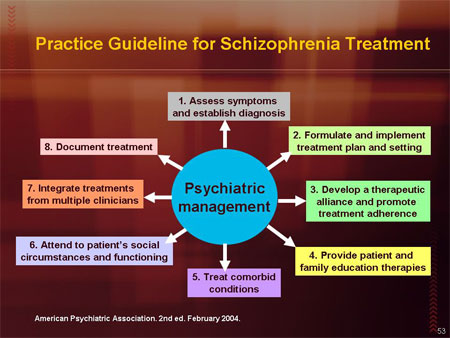 "Go to work," he said. When Cathy arranged for her mother to pick her up, he waited for her to return and slapped her. nine0007
"Go to work," he said. When Cathy arranged for her mother to pick her up, he waited for her to return and slapped her. nine0007
Jim became more and more aggressive, and Cathy realized that it was better not to threaten him with leaving. Once she tried it and got hit in the head so hard that she needed stitches. Besides, she couldn't bring herself to carry out that threat. Every time she was on the verge of leaving, she thought that Jim could improve and that their son needed a father. On the rare occasions when Katie got up the nerve to leave home for a day or two, Jimmy would whine, "I want to go home to my dad." nine0007
There was another reason Katie didn't want to leave him. She began to notice that Jim was tormented by something that had nothing to do with her, and this made her feel something like pity for him. He heard some voices. "They were talking to me again," Jim whispered. In a stifled voice from overflowing emotions, he talked about them - some people who spy on him, follow on his heels and plot intrigues at work.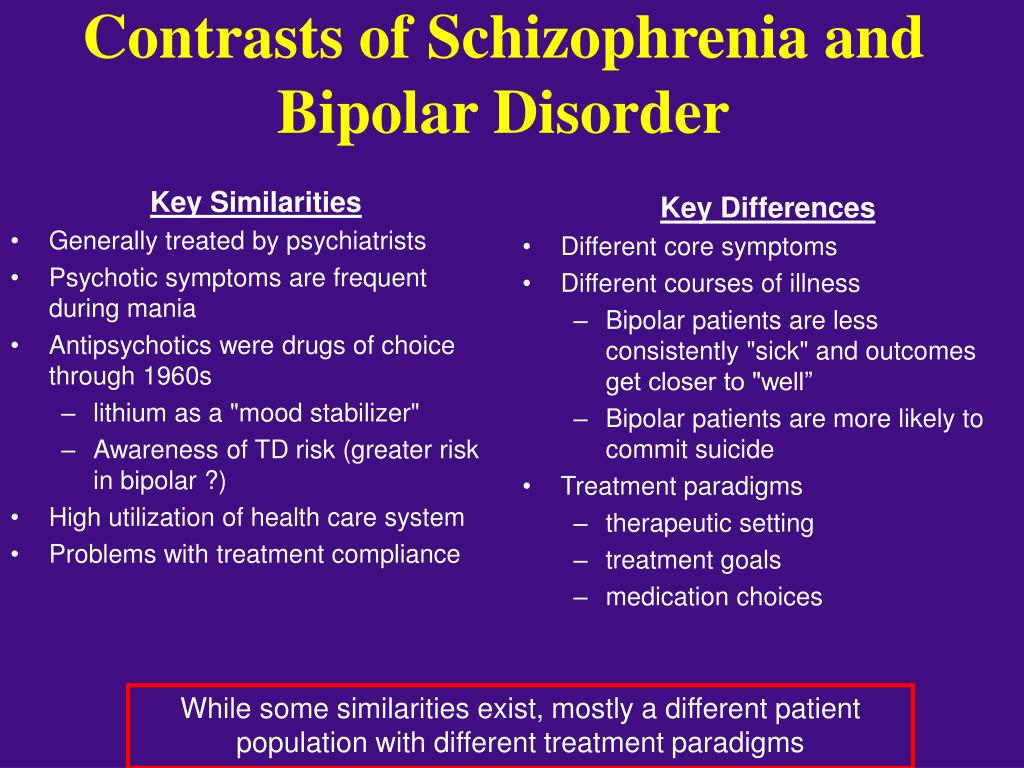
Jim stopped sleeping. All night long he stood at the gas stove, turning the oven on and off and on again. In such states, he was capable of reckless and ruthless acts not in relation to Cathy and his son, but to himself. nine0007
While walking through downtown Colorado Springs, Jim suddenly started banging his head against a brick wall. On another occasion, he dived into the pond fully clothed. The first time Jim was hospitalized for a psychotic break was on Halloween Eve 1969, when Jimmy was still an infant. He was admitted to the hospital of St. Francis, from where he fled the very next day. Katie was afraid for herself and for her son, but she was afraid for Jim too. Yet he was the husband, the father of her child, and leaving him now seemed unthinkable. nine0007
See also
US Air Force patents DNA test for intelligence. Ahead of the future, they bring back the gloomy past
Jim's parents never liked Kathy (which was fine with Jim himself), but she knew she had to tell Don and Mimi about what had happened.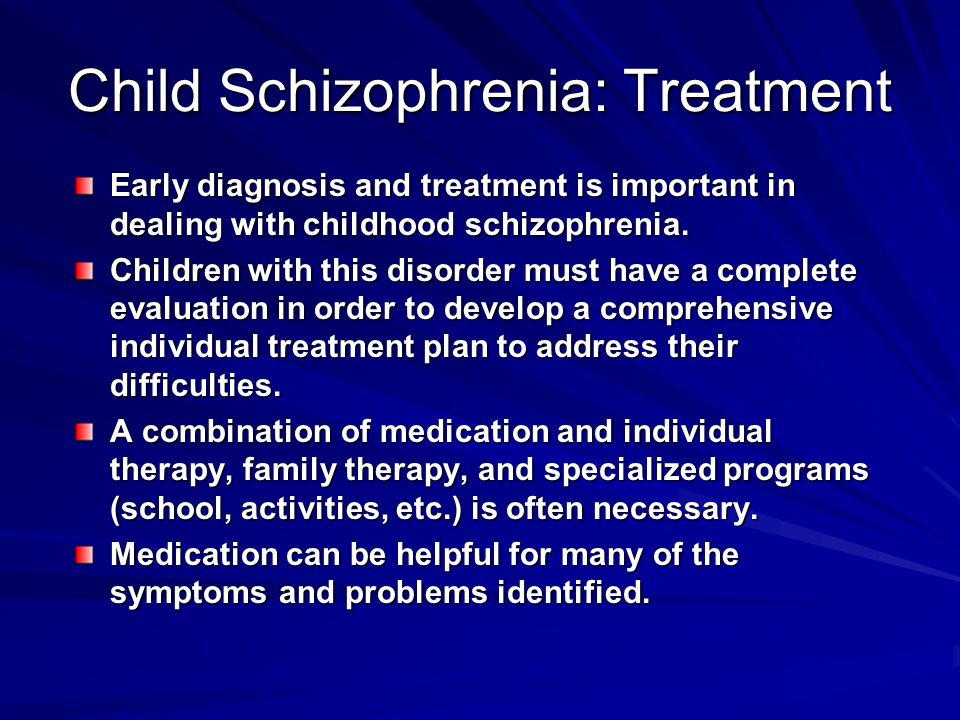 Their reaction startled her. She expected to see tears, compassion, or at least understanding. Instead, two people sat in front of her, desperately trying to pretend that they did not hear anything special, and in response to the insistence on continuing the conversation, they questioned its essence. Did it really happen exactly as Kathy said? Jim's parents were completely unwilling to accept that their son was in trouble or even in danger. On the contrary, they presented what happened as a marital problem of a young couple, which Jim and Kathy should try to solve on their own. Perhaps most notable, at least in retrospect, was Don and Mimi's silence about Jim's brother Donald acting weird too. They did not tell anyone about the eldest son and were not going to share this with Cathy. nine0007
Their reaction startled her. She expected to see tears, compassion, or at least understanding. Instead, two people sat in front of her, desperately trying to pretend that they did not hear anything special, and in response to the insistence on continuing the conversation, they questioned its essence. Did it really happen exactly as Kathy said? Jim's parents were completely unwilling to accept that their son was in trouble or even in danger. On the contrary, they presented what happened as a marital problem of a young couple, which Jim and Kathy should try to solve on their own. Perhaps most notable, at least in retrospect, was Don and Mimi's silence about Jim's brother Donald acting weird too. They did not tell anyone about the eldest son and were not going to share this with Cathy. nine0007
After talking to Don and Mimi, Cathy, on their advice, took Jim to the priest, but it was no use. One evening, when Jim seemed completely helpless, Kathy finally took him to the University of Colorado Hospital in Denver.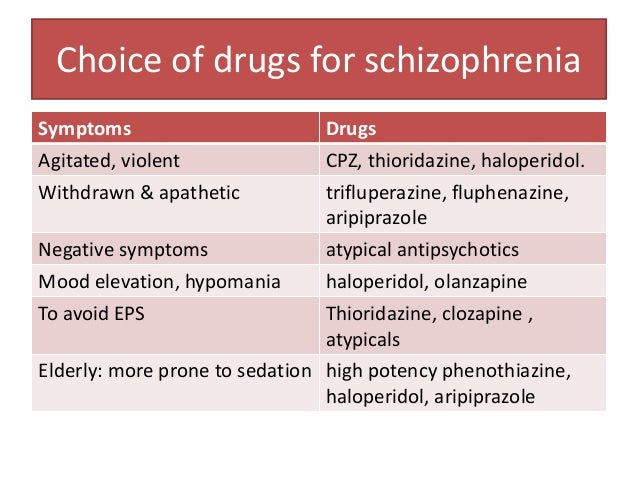 He stayed there for two months and returned home. Jim agreed to receive outpatient care at Pikes Peak Asylum in Colorado Springs. The doctor gave him medication, and his condition remained stable long enough to give him some hope. nine0007
He stayed there for two months and returned home. Jim agreed to receive outpatient care at Pikes Peak Asylum in Colorado Springs. The doctor gave him medication, and his condition remained stable long enough to give him some hope. nine0007
Only from time to time he lost his temper and beat Cathy again. One day a policeman came to see them, but Cathy refused to prosecute. On another occasion, policemen called by neighbors escorted Jim out of the house.
True, after a while he returned. Jim always came back, no matter what happened. In later years, Don and Mimi never interfered. “Except for the cases when Jim dumped and returned to live with them, which suited me very much. Well, then he reappeared on the threshold of my house,” recalls Cathy. nine0007
See also
A brief history of the "improvement" of humans and the human race. Eugenics before and after the Nazis
On a spring day in 1969, all twelve of the Galvin children gathered in a relatively peaceful and friendly atmosphere to honor their father in a ceremony at the University of Colorado.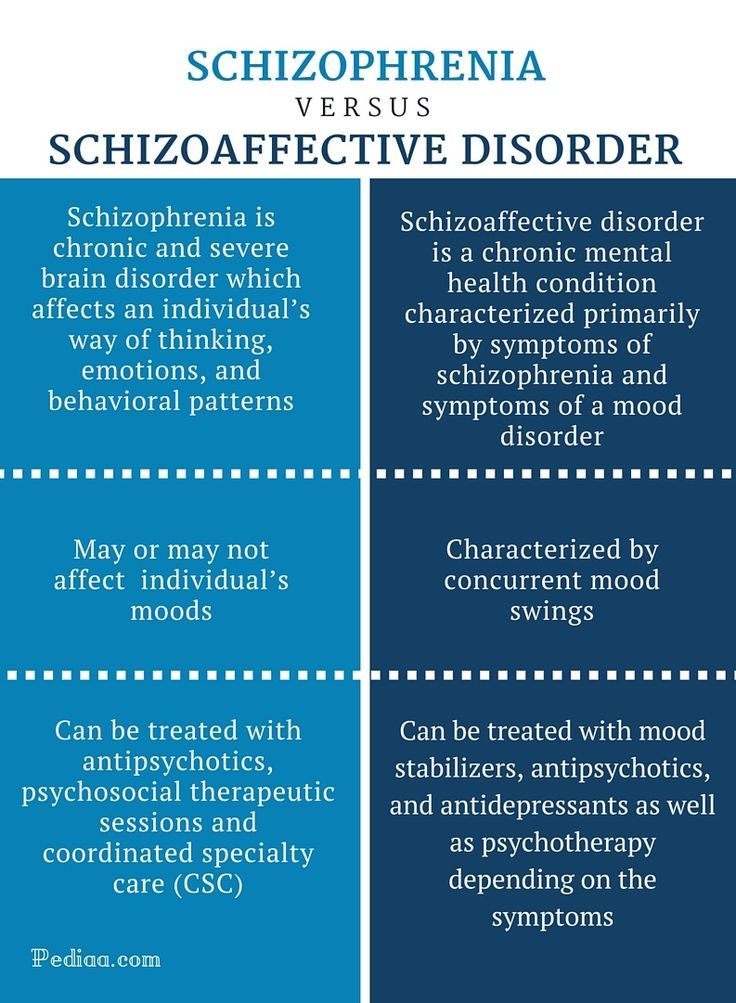 At the age of forty-four, Don finally received his degree. The picture taken that day is perhaps the only photograph in which all twelve children and both of their parents are present. Don with already touched with gray hair in a mantle and an academic cap. Next to him is Mimi with slicked back hair, in a cream spring dress with a bright yellow scarf. In front of their parents are the girls, Margaret and Mary, in identical white dresses. And on the right, all ten boys lined up in two rows, like skittles. nine0007
At the age of forty-four, Don finally received his degree. The picture taken that day is perhaps the only photograph in which all twelve children and both of their parents are present. Don with already touched with gray hair in a mantle and an academic cap. Next to him is Mimi with slicked back hair, in a cream spring dress with a bright yellow scarf. In front of their parents are the girls, Margaret and Mary, in identical white dresses. And on the right, all ten boys lined up in two rows, like skittles. nine0007
Fourth from the left in the second row is Jim with tousled dark hair and a pale sweaty face. In the future, Mimi will show this photo more than once, saying that in that one of the last carefree happy days of the family, she first realized that Jim was in big trouble - now he is not just a rebel, as he always was, but a madman. Like Donald.
Tags:
Fragments of new books
Briefly about schizophrenia in the family
Free time • SI "Omsk Here" June 6, 2022, 17:03 • Print
Author: Omsk Here
A book blogger will tell you how a person with schizophrenia lives and what it is like to be a member of a family in which there are 6 schizophrenics out of 14 people.
In the new issue of the "Read Here" literary project, book blogger Alexandra Makarova will talk about Robert Kolker's book "Something Wrong with the Galvins. An Ideal Family Destroyed by Madness". You will find out what the author of this popular science book is pursuing by documenting the course and treatment of schizophrenia, and what the reader will endure after reading The Galvins. nine0007
- Based on the life of the family and on the basis of conversations with girls and boys from this family who have already grown up, Kolker will tell us about schizophrenia. After reading this book, you will learn details that you did not know about before. For example, how they tried to treat schizophrenia with a lobotomy, - says Alexandra Makarova. - What causes schizophrenia is the main question Kolker asks.
Recall that in the previous issues of the project, the readers of "Omsk Here" got acquainted with the historical novel by James Clavell Shogun and Heinrich Böll Irish Diary .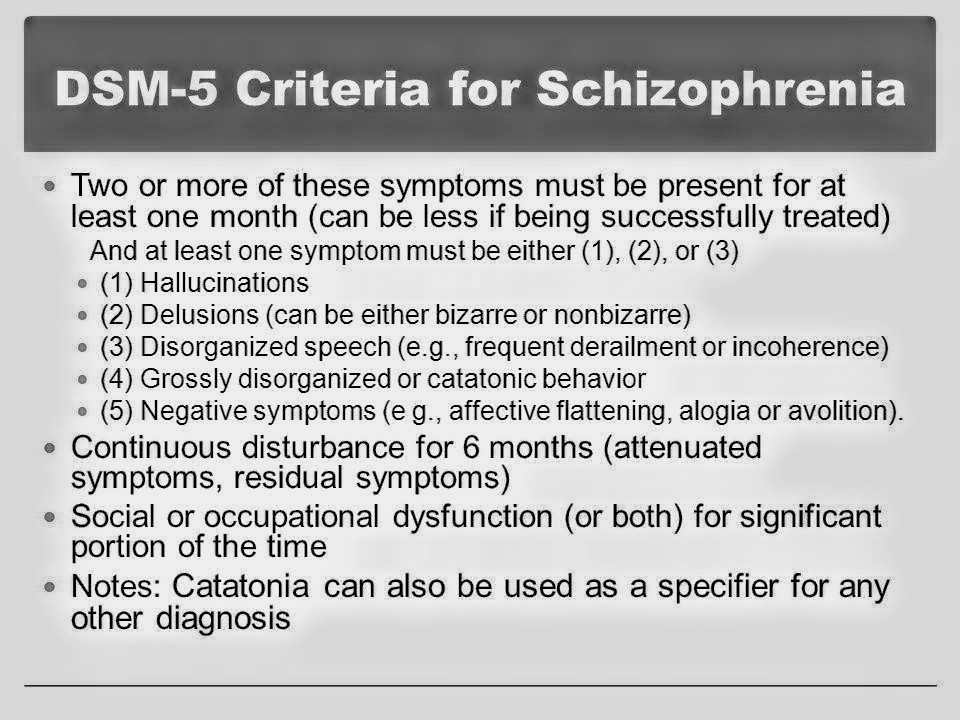 We talked about the work "In Search of Paradise " by the famous Norwegian writer Thor Heyerdahl. Also, readers learned about the study of one of the most mysterious works of Leo Tolstoy "Anna Karenina" - book by Pavel Basinsky . About a motivating book, the heroine of which starts everything from scratch, we told here .
We talked about the work "In Search of Paradise " by the famous Norwegian writer Thor Heyerdahl. Also, readers learned about the study of one of the most mysterious works of Leo Tolstoy "Anna Karenina" - book by Pavel Basinsky . About a motivating book, the heroine of which starts everything from scratch, we told here .
Discuss nine0007
Tags • #disease #video #book #read here
Read also
- Jeweler Sergei Zakharov: "Metal does not forgive greed. If you deceive a client, you will lose more"
- Reading "compromising evidence" on Chekhov
- How to start restoring furniture yourself? Expert advice
- Avangard lost to Admiral for the fourth time in a row
- "We are developing a system of national musical": Alexandra Kasparova and her "Dangerous Liaisons"
Jeweler Sergei Zakharov: "Metal does not forgive greed.
